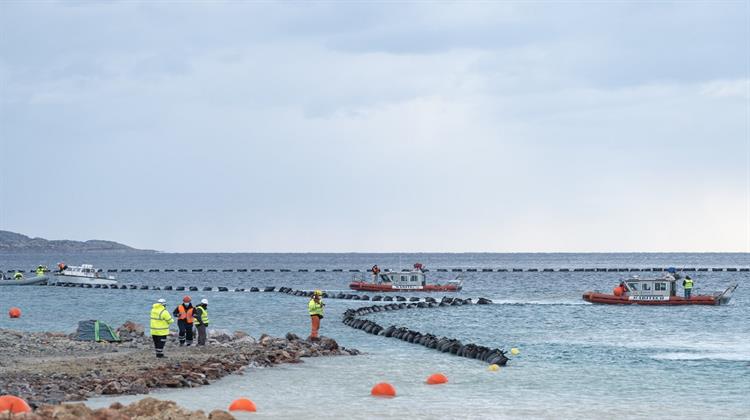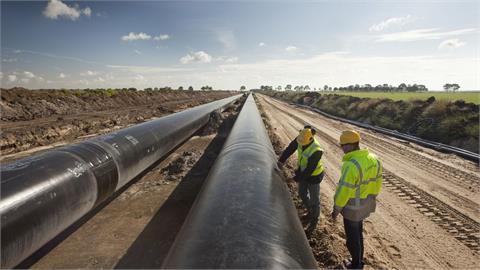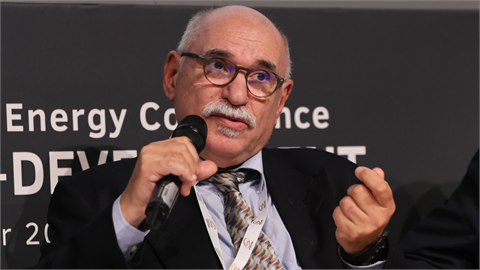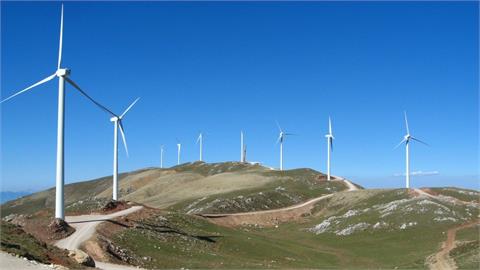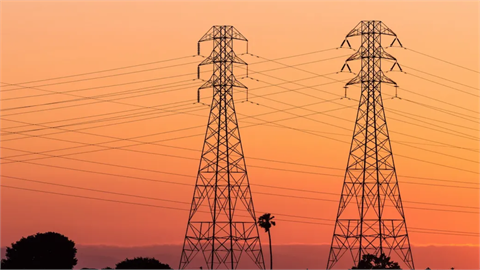Upon the invitation of Professor John Valinakis, Director of the Jean Monnet European Centre of Excellence at the University of Athens, Costis Stambolis, Chairman and Executive Director of IENE, participated in a special colloquium which the University convened last Friday ( 4 November) in order to discuss latest developments in “ EU Policies on Energy and Security in the East Mediterranean”.
Upon the invitation of Professor John Valinakis, Director of the Jean Monnet European Centre of Excellence at the University of Athens, Costis Stambolis, Chairman and Executive Director of IENE, participated in a special colloquium which the University convened last Friday (4 November) in order to discuss latest developments in “EU Policies on Energy and Security in the East Mediterranean”.
In his presentation (here) Stambolis emphasised the crucial role of interconnectors in ensuring the smooth and secure operation of electricity grids and gas systems. This becomes especially important in the case of Greece which being at the lower edge of the Balkan peninsula appears somewhat isolated from the main energy corridors of Central and SEE Europe.Hence the need of interconnection both for electricity and gas is of paramount importance. When it comes to the electricity grid Greece is facing one more challenge, as over the next 8 years or so, it’s transmission operator, ADMIE, will have to integrate into the grid tens of islands which so far have been relying on autonomous oil fired power generation systems. An interconnection programme is already under way with severalof the Cyclades islands already linked to the mainland. By 2030 the transmission operator plans to have completed the rest of the interconnections in the entire Greek archipelago, now a priority on both energy security and environment grounds.
Furthermore, as Stambolis argued in his presentation, by interconnecting all inhabited islands to the mainland grid the geopolitical position of the whole Aegean island space is enhanced since it will soon,electricity wise, become part of the unified European electricity grid. Concerning gas interconnections these are mostly cross border and likewise they help enhance the country’s geopolitical position as Greece strengthens its role as a gas transit country. The latest Interconnector Greece-Bulgaria, which commenced commercial operation on October 1, is a case in point while the East Med pipeline, currently in development stage,will provide a new and much needed energy corridor at a time when the EU is desperately trying to diversify supply sources and alternative routes.
